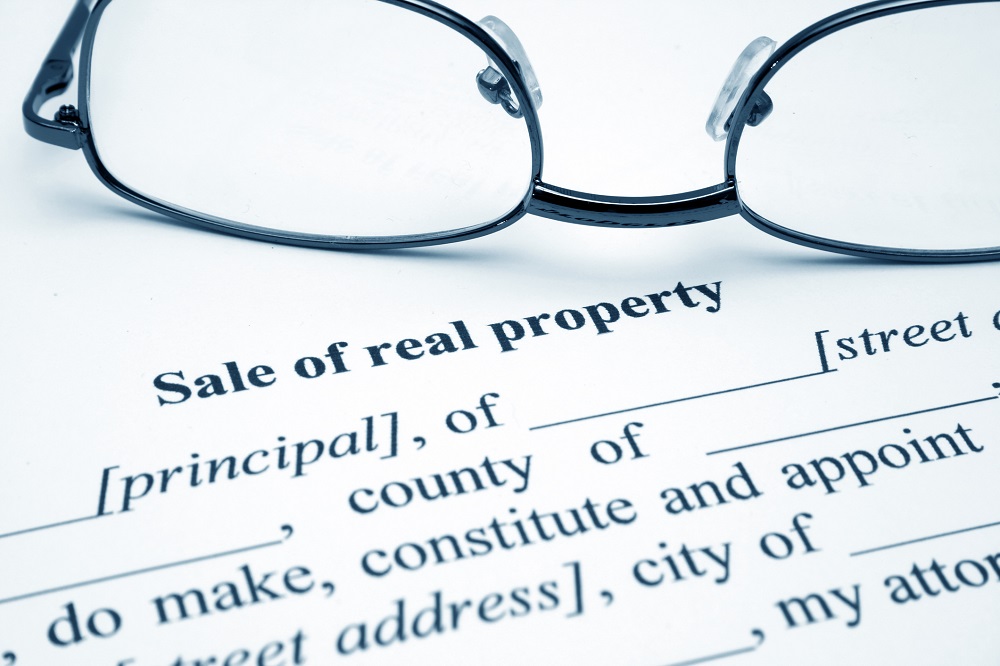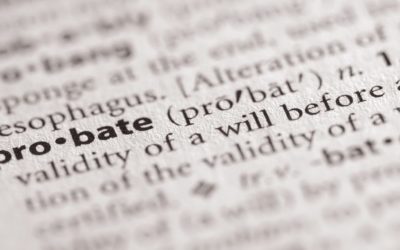What Does an Estate Personal Representative (Executor) Do?
Taking on the role of estate personal representative or executor is an important and often emotionally fraught task: you’ll be responsible for managing the deceased’s entire estate. Mishandling the estate administration can result in liability to the estate or its beneficiaries. This article helps you to know what you’re likely to encounter before you accept the responsibility.
 Do I have to accept?
Do I have to accept?
If someone names you as executor in their will, you’re not obligated to take on the duty. While some people would prefer to handle their family member’s estate themselves, others opt for attorneys and other types of estate planners to guide them through the process.
What does a Personal Representative Do?
Here’s a brief overview of the duties you’ll be expected to perform:
- Locate documents and file the will in probate court
Even if there’s no property to go through probate, you’ll still need to file the will and a copy of the death certificate with the probate court. If there is probate, you’ll also need to file a petition in court to be appointed executor, now known as personal representative in Massachusetts. At this point, you’ll decide what kind of probate is necessary—sometimes it won’t be at all, and sometimes you’ll qualify for an expedited process. Throughout the process, you may be required to show up to court as the estate’s representative. - Notify banks, credit cards companies, government and other financial institutions of the decedent’s death
Government institutions like the Social Security Administration need to know the deceased has passed, as well as any organization that holds their money or property. Overpayments often need to be returned or may be debited automatically without notice. - Manage property and income, and pay ongoing bills
If the decedent has any income or money owed to them, you’ll need to set up a bank account to hold the funds. You can also pay ongoing bills, such as a mortgage or utility payments, from this account. Your job is to maintain and manage the property until it is distributed. We recommend that you consult a probate administration specialist such as Baker Law Group P.C. - Pay the estate’s debts and taxes
After you gather all of the estate’s information, you’ll have a good idea of which creditors still need to be paid. Then you can pay the debts from the estate (you are not personally liable for this debt), which often includes funeral expenses. You’re also required to file and pay the estate’s taxes, which can include income and death taxes. - Distribute property
You’re in charge of distributing the assets according to the will and/or state law. This can include selling property to fulfill the will’s terms, setting up trusts, and physically handing property over to the beneficiaries.When there is property not named for distribution in the will, and no one is identified to receive the remainder, you’ll be responsible for dividing and distributing that property according to the state intestacy law, too. - Prepare Final Accounting
When you’re finished, you’ll file a final accounting with the court so everything is documented—thus it’s best to keep very detailed records of income, expenses and distributions.
If you need help in determining a personal representative for your estate, or have questions on estate administration, Baker Law Group, P.C. has estate planning and administration attorneys that can assist. Our team is skilled at handling all issues estate-related, including probate, asset protection and estate tax services. Read about our Probate Administration Services and Probate FAQ.
Initial case review is complimentary.
Baker Law Group P.C.
781-996-5656
https://MBakerLaw.com
Hingham – Brockton – Holliston – Plymouth




